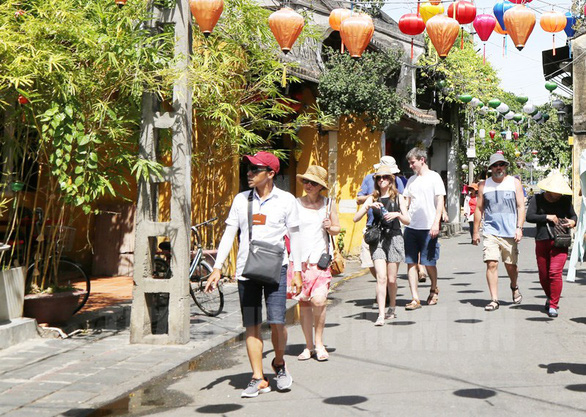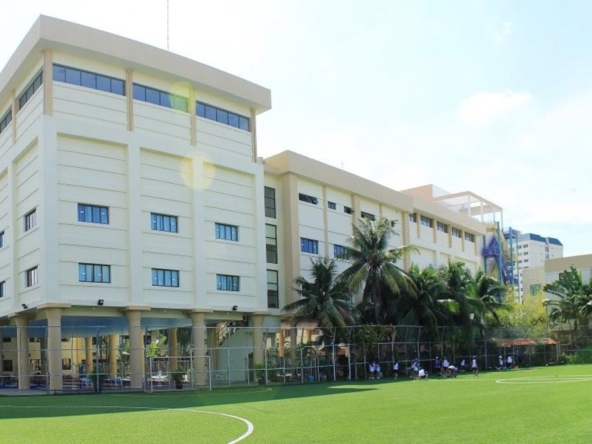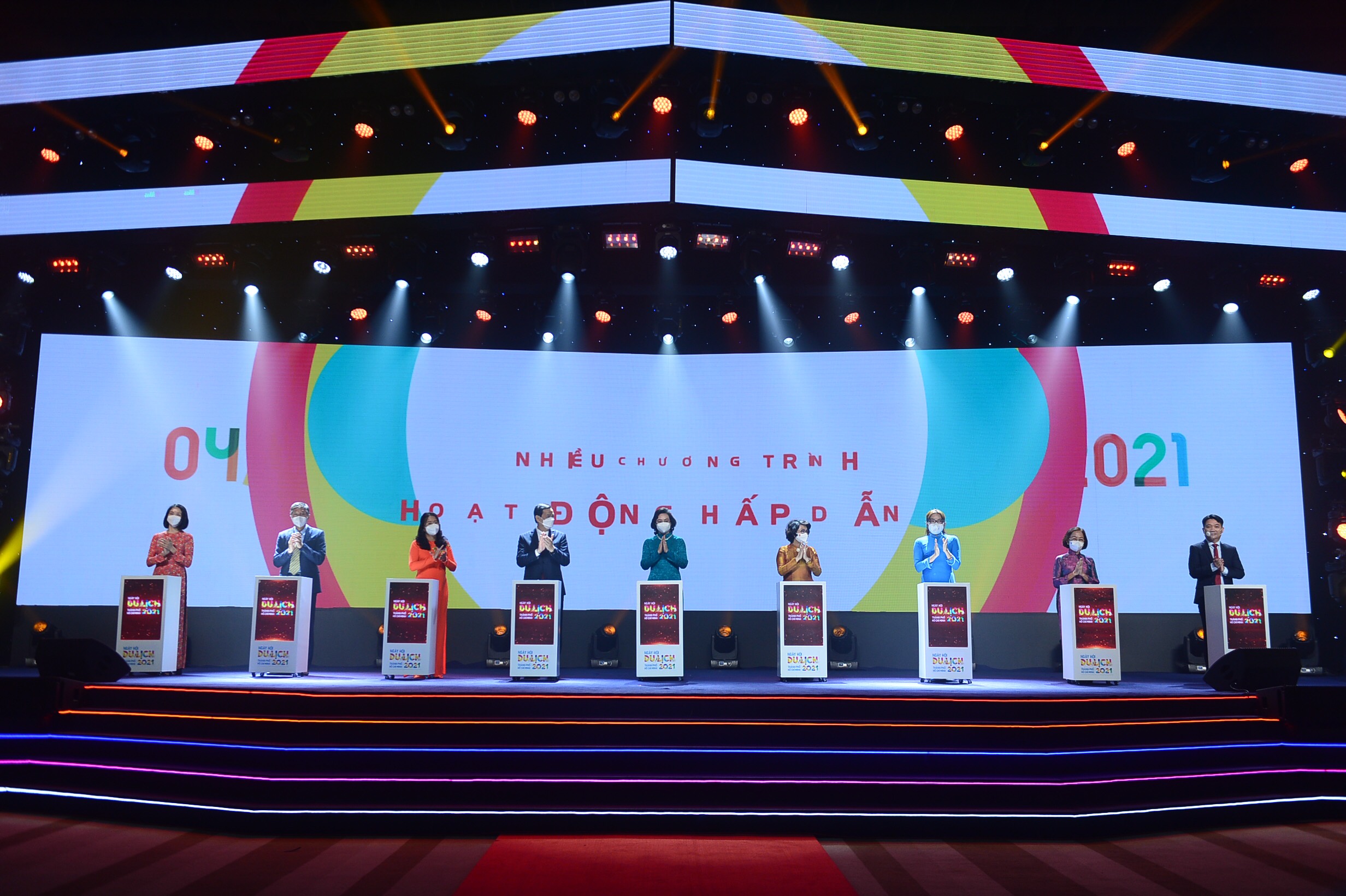Vietnam has locked foreign tourists out of the country since March 2020

Vietnamese tourism authorities are devising a phased road map to welcome foreign tourists of certain nationalities back to the country.
Nguyen Thi Thanh Huong, deputy director of the Vietnam National Administration of Tourism, said the country would “not reopen completely” during a conference in coastal Quang Ninh Province on Friday.
Speaking of Vietnam’s stance on reopening its borders to foreign tourists, Huong stated that selected foreign markets, more specifically those with high demand and preference for all-inclusive tour packages to the Southeast Asian country, would be welcomed back to certain resorts that can ensure apt isolation and air connection.
Echoing Huong’s ideas, Nguyen Manh Tien, deputy chairman of the National Assembly Committee for External Relations, urged relevant ministries and agencies to devise regulations and standards to reintroduce foreign tourists back in certain provinces, considering many secluded tourism complexes have been prepared in the country.
Manh pointed to Vietnam’s fellow ASEAN country Thailand, which is considering border reopening for foreign entrants who can provide proof of COVID-19 vaccination.
Since March 2020, Vietnam has locked foreign tourists out of the country as part of its bid against COVID-19 infections.
This decision, while proving effective against the epidemic spread in the country, took a huge toll on the nation’s tourism sector, which consists of roughly 2,300 tourism companies and 3,000 lodging facilities.
Vietnam has recorded 2,512 coronavirus cases as of Monday morning, including 1,585 local infections and 35 virus-related fatalities, according to the Ministry of Health’s data.
It already started vaccinating frontline workers, diplomats, military and police officers, and teachers on Monday.
The country currently has 117,600 AstraZeneca vaccine doses it received on February 24.
Vietnam aims to obtain 90 million COVID-19 vaccine doses by the end of the year, including 30 million through the COVAX scheme co-led by WHO, 30 million through AstraZeneca, and the rest through negotiations with U.S. producers.







